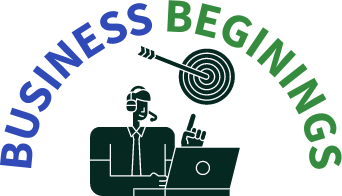3 Effective Marketing Strategies for Small Businesses

As a small business owner, you know that thoughtful marketing is essential to growing your business. But with a limited budget and finite time, it can be difficult to know where to start. When you’re trying to determine the most effective marketing strategies for your small business, consider these three options.
Read More

